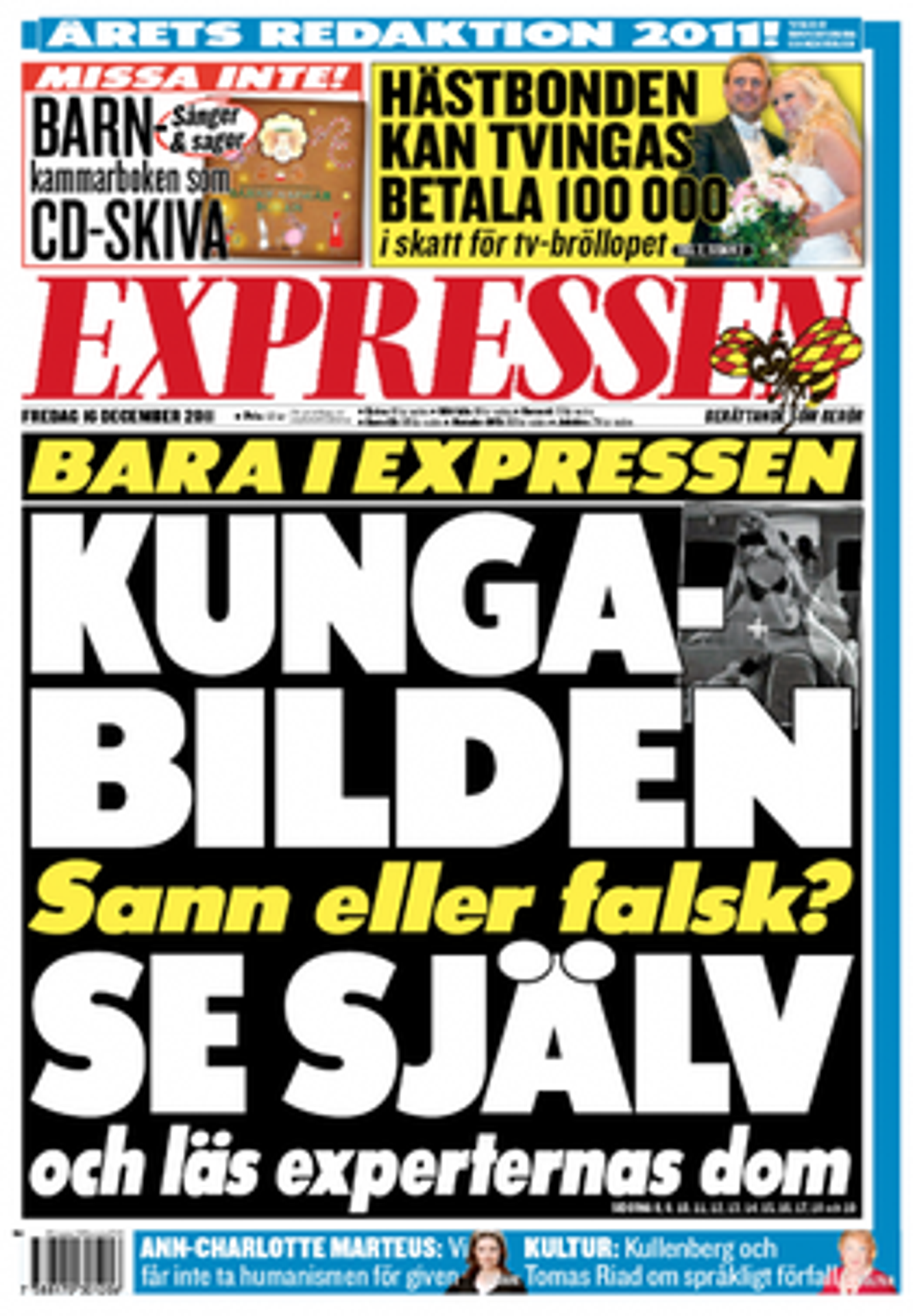
OnlyFans
What do people say about OnlyFans?
In Sweden, OnlyFans is predominantly perceived negatively, primarily associated with adult content and the controversies surrounding it. This perception overshadows the platform's broader potential to support diverse creators like musicians and athletes. The societal stigma attached to adult content limits the acceptance of OnlyFans in more mainstream discussions, which could otherwise highlight its capacity for creative expression and financial independence for creators. Moreover, the platform's association with explicit content may deter potential users and investors who seek a more family-friendly or professional environment. As a result, OnlyFans struggles to rebrand itself beyond its adult content roots in the Swedish context.
Where are the conversations happening?
Most media sources discussing OnlyFans in Sweden focus on its role in the adult content industry, often framing it in a sensationalist manner. Critical discussions mainly happen on platforms that cover social issues and entertainment, such as news outlets and social media channels. These discussions generally highlight the negative implications of adult content rather than any positive aspects of the platform. Notably, mainstream media like Aftonbladet and Dagens Nyheter tend to emphasize controversies surrounding adult content, thus reinforcing the stigma associated with OnlyFans.
What are the topics trending around OnlyFans?
The ongoing debates about adult content regulation, creator rights, and the evolution of subscription-based platforms are prevalent in discussions surrounding OnlyFans. These topics directly impact how the platform is viewed and accepted within the Swedish society.
Why are these topics trending?
The discussions about adult content regulation reflect broader societal attitudes towards sexuality and media consumption in Sweden. The debates about creator rights highlight the need for platforms like OnlyFans to prioritize the safety and dignity of content creators, which could potentially shift public perception if addressed effectively.
How is OnlyFans being talked about?
Detailed breakdown of public sentiment and conversations about this entity.
Impact vs Sentiment
See how each entity's high impact percentage relates to their positive sentiment percentage from actual mentions.




